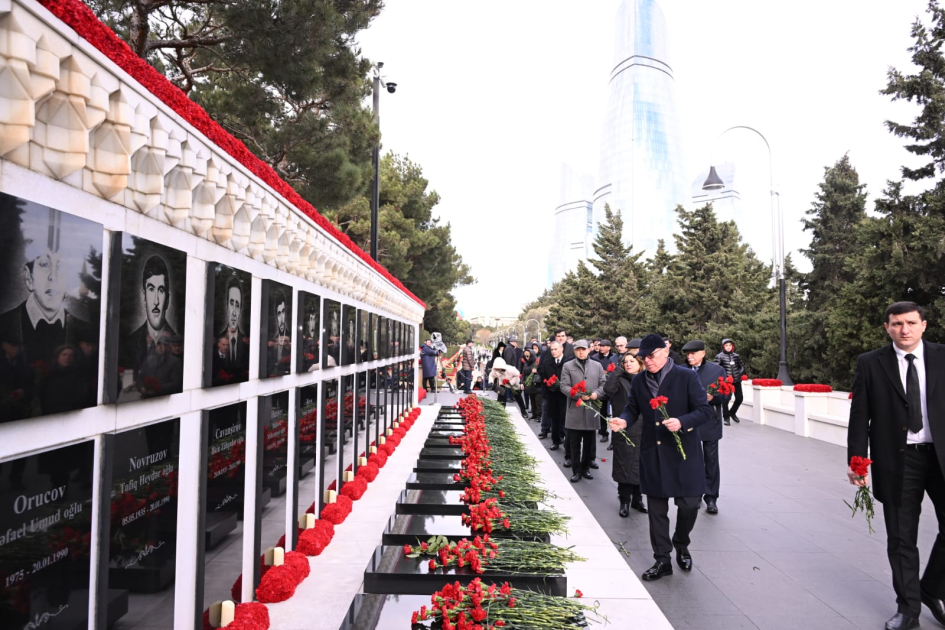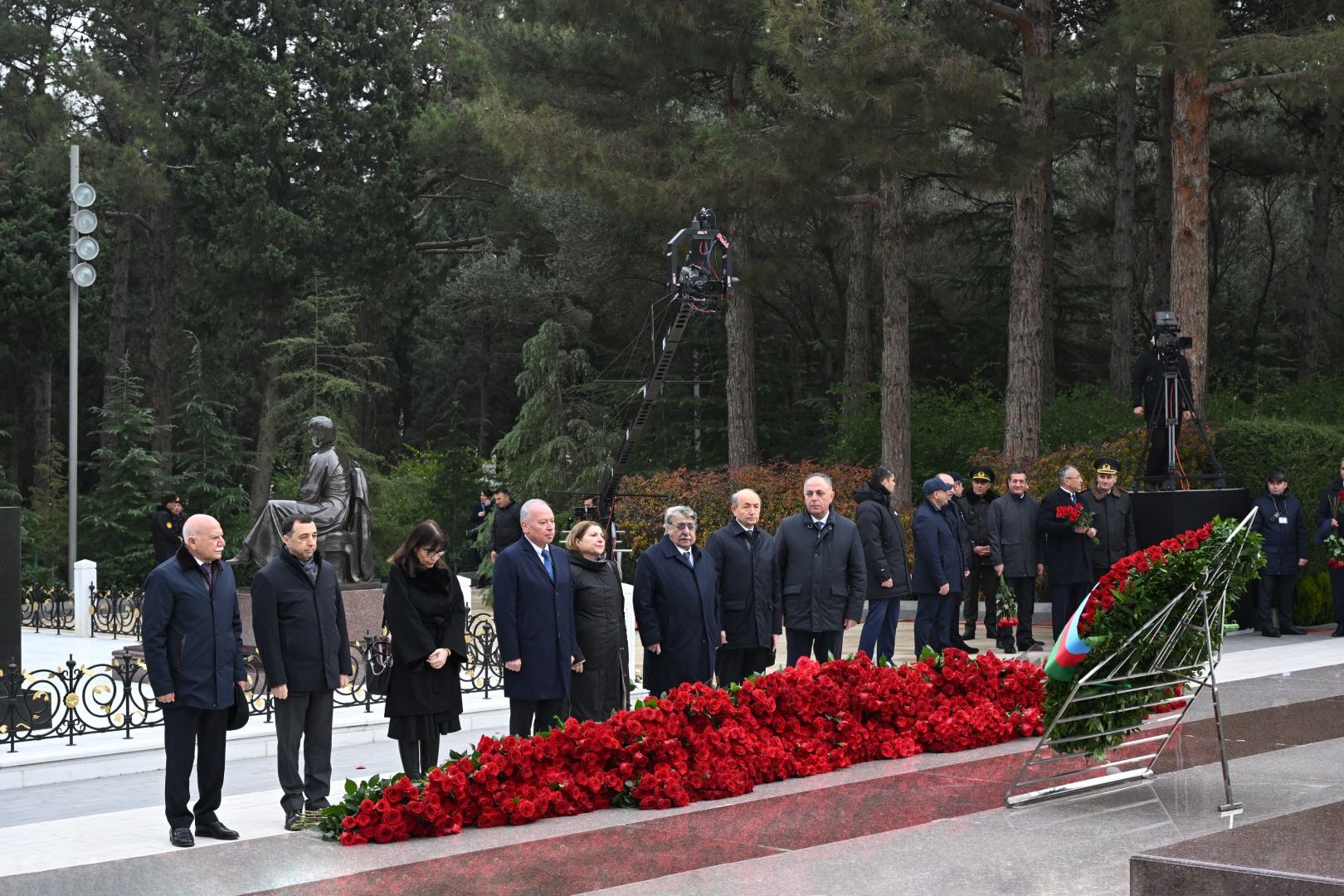01.08.2024
Plenum
of the Constitutional Court of the Republic of Azerbaijan, chaired by Farhad
Abdullayev, held a regular session.
At the court session was examined the constitutional
case based on the inquiry of the Shirvan Court of Appeal on interpretation of Articles
442, 443, 444, 445, 447 and 449 of the Criminal Procedure Code of the Republic
of Azerbaijan in terms of Part I of Article 60 and Article 71 of the
Constitution of the Republic of Azerbaijan.
Having heard the report of Judge C.Qaracayev,
studied and discussed the report of interested parties – Shirvan Court of Appeal and Staff of the Milli Majlis
(Parliament),
the conclusions of specialists – Supreme Court of the Republic of Azerbaijan, the Bar Association of the Republic of Azerbaijan, the
Center for Legal Expertise and Legislative Initiatives, opinion of
experts – Head of the Department of Criminal Procedure of the Law Faculty of
Baku State University, professor, doctor of legal sciences F.Abbasova and doctor
of legal sciences R.Garagurbanli, the Plenum of Constitutional Court of the Republic of
Azerbaijan adopted decision.
The decision states that in terms of Part I and
Article 71 of Article 60 of the Constitution of the Republic of Azerbaijan judicial
control is not limited to the pre-trial stage of criminal proceedings, examination
of criminal cases on the merits does not exclude the filing of a complaint to
the court about the procedural actions or decisions of the body that implements
the criminal process under Articles 442-454 of the Criminal Procedure Code of
the Republic of Azerbaijan.
Since proceedings under judicial control and criminal
proceedings are different and independent types of proceedings, filing a
complaint against the procedural actions or decisions of the body implementing
the criminal proceedings in the manner of judicial control cannot be considered
as interference in the relevant criminal proceedings.
The decision comes into force from the date of its
publication, is final, and may not be cancelled, changed or officially
interpreted by any institution or official.



















